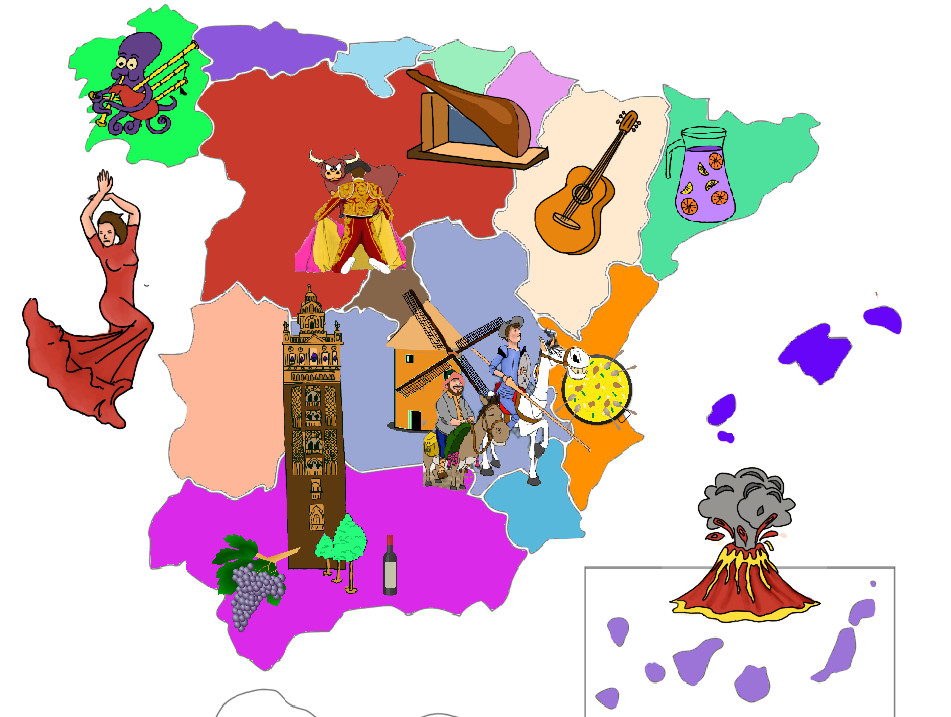
|
 |
 |
|
 |
Spanish is a much more phonetically consistent language than English, so Spanish words almost always sound the way they are spelled. There are 27 letters in the modern Spanish alphabet. The English and Spanish alphabets both come from Latin script. The only difference between the two languages is that Spanish has an extra letter: ñ.
 In Spanish, vowel sounds account for only five letters. Spanish and English consonants generally have the same pronunciation. Some exceptions are:
In Spanish, vowel sounds account for only five letters. Spanish and English consonants generally have the same pronunciation. Some exceptions are: